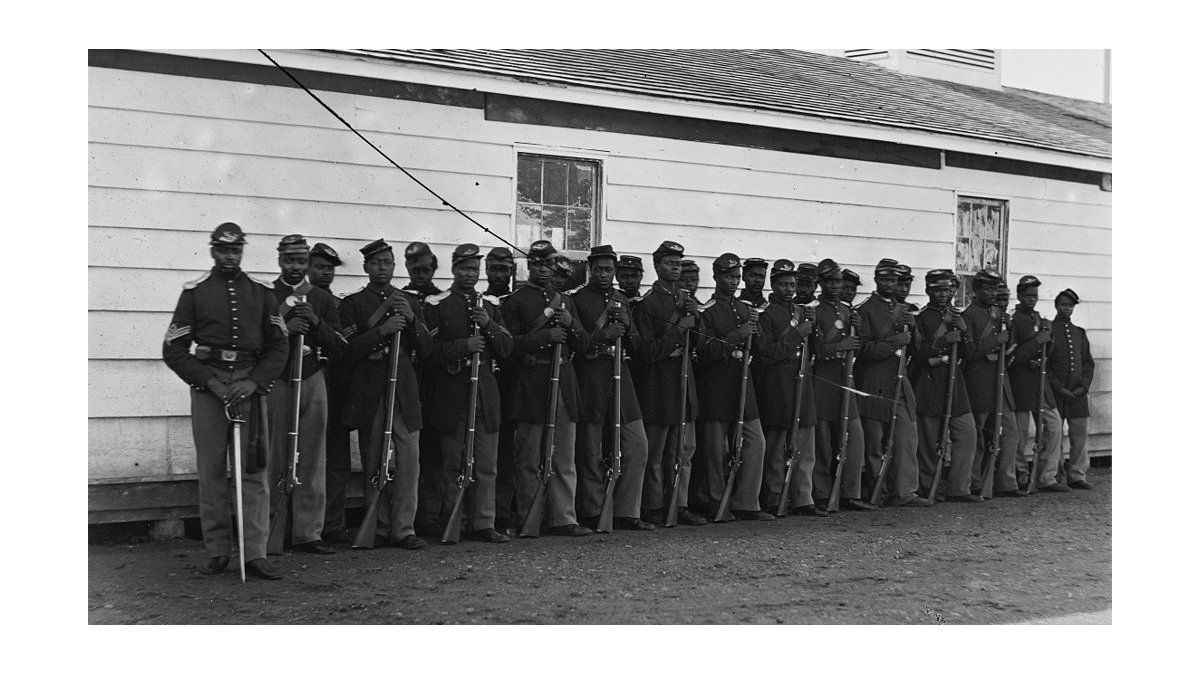In 1826, an aging Thomas Jefferson lived to watch Andrew Jackson and the new Democratic Party take over his electorate. He was as shocked as the rest of the political class that for 50 years had monopolized power.
Why did the South abandon the Jeffersonists? Because they had endorsed three public policies that betrayed the southern electorate: high tariffs incompatible with their agro-export model, massive public work of the federal government that benefited the north because a primarized south only exported cotton and, most importantly, the deadlock in territorial expansion . For example: they did not want to invade and annex Cuba, which would have provided the plantations with more slaves and also lowered their inflationary price.
Until the gates of civil war in 1860, the Democratic Party was hegemonic. Despite the fact that the North had some fleeting victories and some non-Jacksonian presidents, the process was clear: The United States would expand creating new slave states. So the annexation of territories would almost always mean more slavery.
The Democratic administrations were not so foolish as to try to stop the industrialization of the north, they had to surrender to the evidence: even without controlling neither the Presidency, nor the Senate nor the Supreme Court, still with low tariffs and without much public work, the process Northern industrializer was powerful and irreversible.
But the antislavery of the north was divided: on the one hand there were the abolitionists (treated almost like terrorists) and on the other those who wanted slavery to die alone, surrounded by the forces of time, not allowing it to expand. On the second side was attorney Abraham Lincoln.
The south went so far in its dominance of institutions that in 1857 the Supreme Court, in a 7-2 ruling, out of hand legalized slavery in the north, scrapping previous laborious agreements between the two rival regions. A mess. Finally, the bad guy Django he was going to be able to take his slaves to Boston. Victory of the slavocracy.
But the political consequences of that court ruling were paradoxical. The Democrats divided between Northerners and Southerners while the non-slaveholders united creating a new party: the Republican.
In the 1860 election, the South believed that even if Lincoln won the popular vote, the electoral college would return another pro-slavery president to him, because the two Democratic sides would add a majority. But They got an unpleasant surprise: Lincoln also won the electoral college.
In the civil war, the United States lost 850,000 lives. Until today it remains its great tragedy. At first it was believed that the conflict would be brief because the north would crush the south. But no, the southern victories followed one another, which, due to their superior military organization and their almost total dedication, managed to stretch the war for several years.
The south needed the intervention of Great Britain and Great Britain wanted to intervene. The French were also eager to see the ever-growing American competitor stop. Lincoln responded more than once to Napoleon III, Emperor of France, to “mind your own business.” France then invaded Mexico. Thus The United States had, in the midst of its internal bloodbath, the British to the north and the French to the south.
But the two superpowers of the 19th century passed up the opportunity. Why? One explanation is that, far from shrinking, the Lincoln Republicans made it clear that they would have war on all fronts that was necessary. But, in addition, the north had an ally that today would be unthinkable: Russia. Tsar Alexander II had been defeated six years earlier in the Crimean War by Britain and France and gave several signals – such as stationing his imperial fleet in both San Francisco and New York – that he would not hesitate to convert to the American Civil War. in a European war if that suited him. So, it could all end in a world war in which colonialist France and Britain had more to lose than emerging Russia and the United States.
The North won in 1865, the French whistled softly from Mexico, the British rushed to make Canada a country in 1867, and that same year Russia sold Alaska to the United States.
The path of the new American power was paved, nothing would stop it.
Now we take the time machine and land in Europe in 1945. We cannot walk without stepping on corpses. We look up and what we see on the horizon is a devastated infrastructure. The Old Continent self-destroyed. On the other side of the globe, radioactive rain continues to fall on the most advanced society in the Far East. And a new Eurasian power, also beaten but expanding, promotes a totally different economic system and rushes the Americans to make decisions. We come to the end of our trilogy: the United States finally assumes the imperial role that it exercises to this day.
Meanwhile, also in 1945, in the south of the south of the planet, a peripheral nation refuses to accept not only that it was expelled from paradise fifteen years before, but also that in this defining war it is unfortunately on the side of the defeated. It was his turn to travel the desert.
That is why today, so little sneakily, he lights candles for the next empire.
Political analyst.
–


